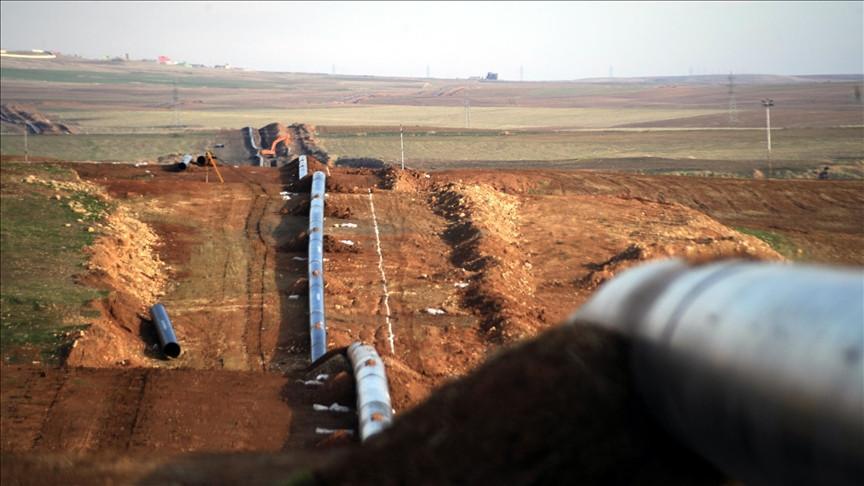
A newly approved oil agreement between Iraq’s central administration and the Kurdistan Regional Government (KRG) has renewed expectations for the long-shuttered Iraq-Türkiye pipeline to resume operations.
According to a statement from the Iraqi Prime Minister’s Office, the cabinet ratified the deal on July 17, which stipulates that the KRG will transfer all oil revenues to Iraq’s State Oil Marketing Organization (SOMO).
In return, the federal government will pay the KRG a $16 advance for each barrel delivered.
Under the deal, the KRG is required to supply Baghdad with a minimum of 230,000 barrels of oil per day, with any surplus production also handed over to SOMO. Should exports be halted, all produced oil will be redirected to the Oil Ministry.
This comes after the Iraqi parliament in February approved a subsidy scheme covering the production costs of international oil firms operating in the KRG, setting transportation costs at $16 per barrel — a move viewed as a key step toward restarting exports to Türkiye.
The agreement marks a significant development in the efforts to revive the Kirkuk-Ceyhan pipeline, which has been inactive since March 25, 2023.
Sercan Çalışkan, an Iraq analyst at the Center for Middle Eastern Studies (ORSAM), said the KRG’s commitment to daily oil deliveries signals an emerging consensus between Erbil and Baghdad. He stressed that the easing of political tensions could lay the groundwork for reopening the Türkiye-bound pipeline.
Çalışkan also noted the agreement’s timing ahead of Iraq’s planned November 2025 elections, framing it as a noteworthy step toward domestic political stability.
However, he warned of major challenges ahead, particularly security threats. Citing recent drone strikes on oilfields in northern Iraq, Çalışkan highlighted the need to mitigate risks to the pipeline's route.
He also underscored the international dimension of the issue, pointing out that the U.S. has long pressured Baghdad to resume exports.